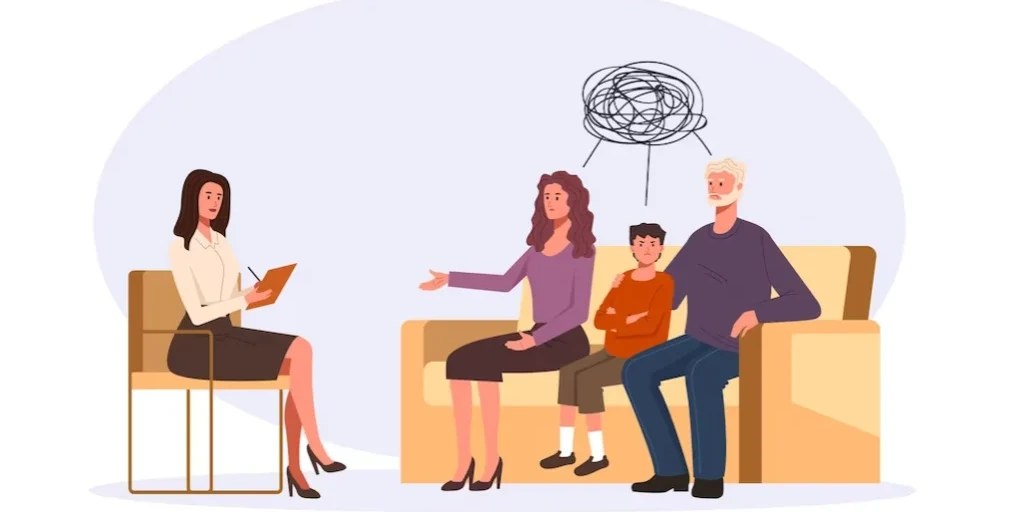24/7 Helpline:
(866) 899-221924/7 Helpline:
(866) 899-2219
Learn more about Anxiety Treatment centers in Clear Lake

Other Insurance Options

Choice Care Network

American Behavioral
Beacon

BlueCross

Anthem

Premera

BlueShield

Meritain

Optima

Medical Mutual of Ohio

UnitedHealth Group

WellCare Health Plans

EmblemHealth

Holman Group

United Health Care

Multiplan

PHCS Network

MHNNet Behavioral Health

MVP Healthcare

WellPoint








Recovery Zone
Recovery Zone is a private rehab located in Rock Falls, Illinois. Recovery Zone specializes in the t...

Prairie Ridge Integrated Behavioral Healthcare
Prairie Ridge Integrated Behavioral Healthcare offers outpatient and inpatient treatment for individ...

Mercy Medical Center – Mental Health Unit
Mercy Medical Center – Mental Health Unit is a private rehab located in Mason City, Iowa. Mercy Medi...














Adults
Adults is a private rehab located in Mason City, Iowa. Adults specializes in the treatment of alcoho...

AA – Alcoholics Anonymous
AA – Alcoholics Anonymous is a non-profit rehab located in Mason City, Iowa. AA – Alcoholics Anonymo...

Mercy Rehabilitation Services
Mercy Rehabilitation Services is a private rehab located in Mason City, Iowa. Mercy Rehabilitation S...





















































































